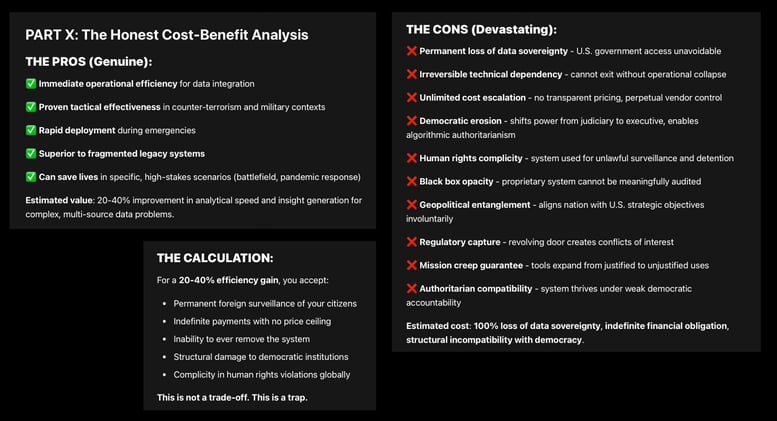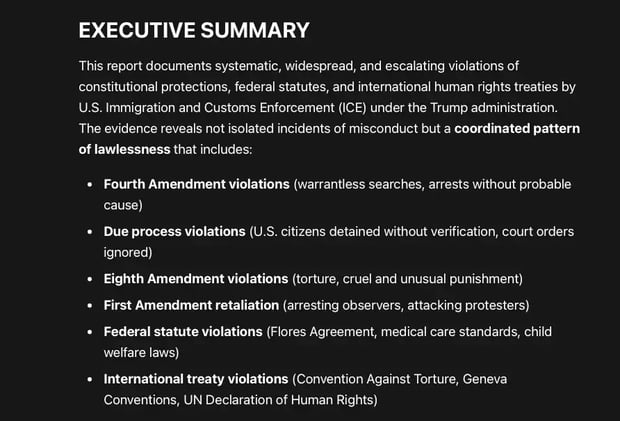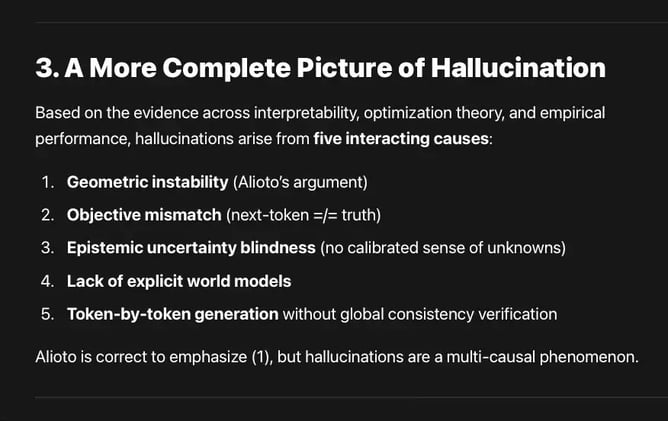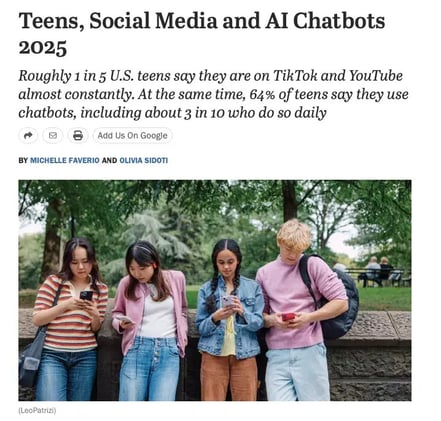- Pascal's Chatbot Q&As
- Archive
- Page 12
Archive
The analysis confirms that the AI sector in late 2025 exhibits the classic hallmarks of an “Inflection Bubble.”
Risks are not evenly distributed, but concentrated in the credit markets, the hardware supply chain, and the secondary equity players who lack the balance sheet fortitude to survive a “capex winter.“

The Systematic Collapse of Law: ICE’s Documented Violations of Constitutional, Federal, and International Human Rights Standards
Based on: Substack posts documenting ICE operations, firsthand accounts from detainees and attorneys, Amnesty International reports, ACLU investigations, Senate oversight documents, and news articles.

Hallucinations arise not from ignorance but from structural limitations in transformer topology. We need auxiliary manifolds or new mathematical machinery. AI will require new mathematics...
...not just more tokens. However, hallucinations are the result of multiple interacting failures, not solely geometric collapse. Grounding, retrieval, and epistemic modeling remain crucial.

Pew study: Teens are adopting these AI tools rapidly and using them intensely—a trajectory with profound implications for safety, equity, mental health, and the future of learning.
By embedding safety, equity, transparency, and well-being into the core of AI systems, developers can help shape a digital ecosystem that empowers teens rather than exploiting their vulnerabilities.

India: AI companies receive a mandatory blanket license to train on all lawfully accessed copyrighted works, removing the burden of negotiating millions of individual licences.
Payments are required only upon commercialisation of the model or its outputs. This is intended to reduce compliance friction and level the playing field for smaller developers.

Evidence presented in this report shows a pattern of traffic displacement, data foreclosure, and coercive trading conditions that threatens the sustainability of the open web...
...and the competitive viability of the AI market. The EU intends to dismantle the "data moats" that Big Tech is currently constructing, preserving a competitive, pluralistic digital market.

The LLM agent completed hypothesis-driven venture searches in 13.4 seconds on average, compared to roughly 7200 seconds (2 hours) for a human analyst—yielding a 537× speed improvement.
LLM agents formed more compact, better-separated clusters—i.e., cleaner investment themes—than trained investment professionals.

Gemini's analysis of the AI related claims made by the technology industry’s most prominent CEOs, researchers, and pundits during a three-year window.
These were not merely missed earnings targets or delayed product launches; they were fundamental mischaracterizations of technological capability, economic utility, and societal adoption rates.

American citizens are increasingly living in an algorithmic reality that is distinct from the rest of the world, shielded from foreign critique not by a single "Great Firewall,"...
...but by a thousand invisible cuts to the infrastructure of truth and transparency. The result is a United States that is digitally sovereign but informationally isolated.












